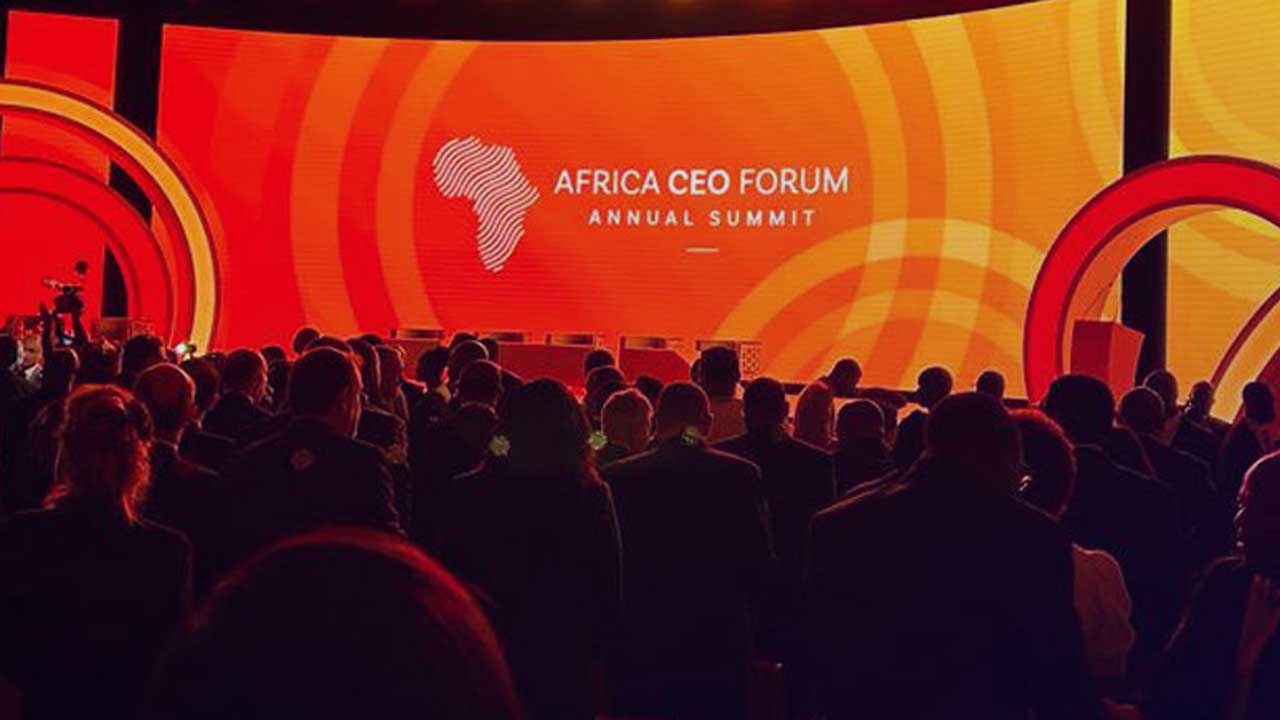 • Urge improved PPP role as IFC invests $11b in Africa
• Urge improved PPP role as IFC invests $11b in Africa
Amid multiple challenges facing the continent, policy leaders, yesterday, urged the Nigerian government and other African countries to highlight promising sectors and vectors of future growth in economic agenda.
The leaders spoke at the opening ceremony of the 2023 Africa CEO Forum in Abidjan, Cote d’Ivoire.
Leading the call, Managing Director, International Finance Corporation (IFC), Makhtar Diop, cited agro-food and agro-industrial sectors as potentials for growth, if more funds and right policies are deployed.
He said: “To achieve this, it is necessary to have strong and combined action by development partners, to stimulate and encourage creation of new sustainable and internationally competitive agricultural value chains – something to which we are resolutely committed.”
He said African leaders must act quickly to stimulate private investment in production, local processing and marketing of agricultural products.
“This is not a dream: you just have to give yourself the means. I take, as an example, the recent partnership concluded between IFC and the OCP Africa Group – world leader in the production of phosphates and agricultural fertilisers – to the tune of $100 million, aimed at strengthening the Group’s logistics capacities, increasing production of fertilisers adapted to local soils and crops, developing training for farmers and thereby, promoting sustainable food systems.”
The IFC Managing Director called for acceleration of regional economic integration in the continent and dissemination of the Public Private Partnership model (PPP), especially, to fill infrastructure gap.
He said: “Indeed, the PPP model is proving to be a preferred solution, given the reduction in budgetary leeway in this period of crisis.
Although there is a real political will in this direction, it is important to note that the number of PPPs concluded, to date, is still largely insufficient. We are determined to sit down with our partners to deploy PPPs. This model makes it possible to leverage, not only financial resources, but also private sector innovation and expertise. At IFC, we are redoubling our efforts to promote these forward-looking solutions.”
Just like Nigeria, the Kingdom of Morocco and the Republic of Côte d’Ivoire are vying to play larger roles in global value chains.
Morocco’s Head of Government, Aziz Akhannouch, has signed a new investment charter, while Côte d’Ivoire’s Prime Minister, Patrick Achi, recently, engaged with the United States and Chinese leaders, as both seek to whip up post-COVID-19 foreign investment.
The countries also hope to bolster their economic sovereignty through subsidies for local industrial production, and by mobilising domestic savings and improving private sector credit.
Diop said: “We believe the private sector has a key role to play in providing sustainable solutions to these challenges. That is why we have redoubled our efforts over the past year and increased our commitments by $36 billion, including more than $11 billion invested exclusively on the African continent.
“We have also intensified our actions to counter the effects of climate change, with almost half of our equity investments (OA) being dedicated to climate (47 per cent), thus exceeding our objectives (which were 35 per cent). We have redoubled our efforts with regard to short-term trade finance, as we are aware of the devastating impact of the current crises on the financing of international trade.”
President of the Africa CEO Forum and Chief Executive Officer of Jeune Afrique Media Group, Amir Ben Yahmed, said there was need to unite the voices of African businesses to advance interests of the continent.
He said the goal of the meeting was to improve demand for PPP, through a united front, with governments and the private sector dedicated to pursuing economic sovereignty for the continent.
He added: “From 300 champions, today, we believe that this number should be increased to 3,000, to truly transform the continent. Giving voice to a proud and sovereign Africa on the international scene, through the creation of public-private synergies, is once again at the heart of our mission.”






